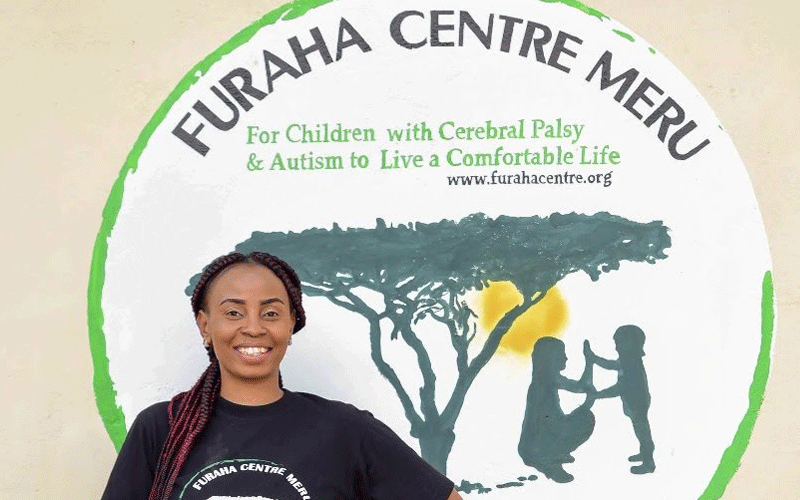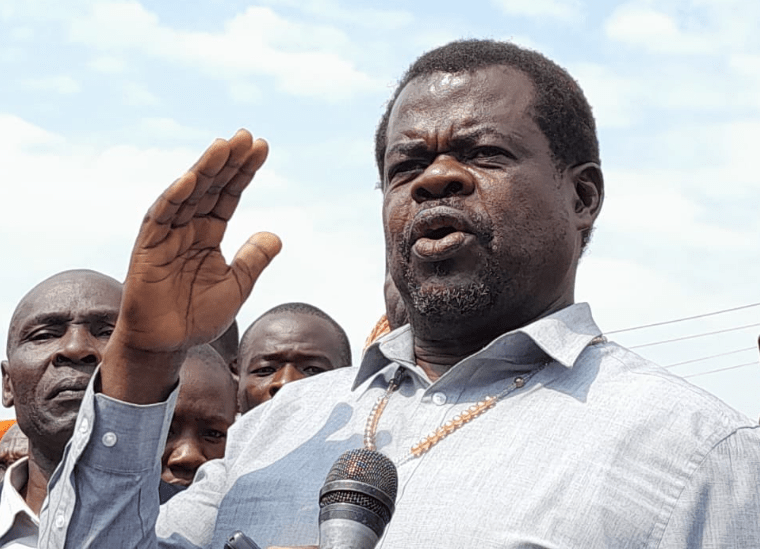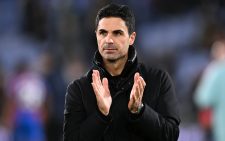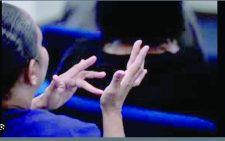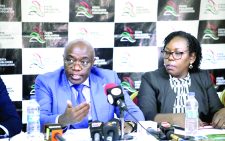Raising Baraka beyond the cerebral palsy diagnosis
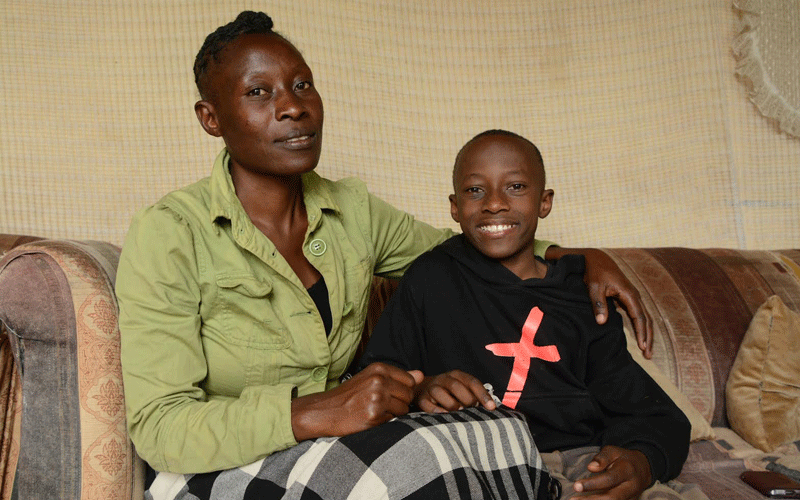
Rachel Kisya’s son, Philip Baraka was a healthy baby when he was born 10 years ago. But the joy did not last long as the little bundle of joy started developing complications that led to a cerebral palsy diagnosis
Sandra Wekesa @wekesa_sandra
Philip Baraka is a child you won’t forget easily. He is funny and he isn’t afraid to talk. Particularly, his curiosity is attention-catching despite his difficulty with speech.
“My son loves football, you will always find him standing in one position trying to learn new football moves or even bursting a move,” says his mother, Rachel Kisya.
However, hip and knee contractures—stiff inelastic fibre like tissue that develop and replace elastic connective tissue in joints—which he developed when he was an infant makes it hard for him to stretch his knees and hip joints prevents him from making normal movement. This has prevented him to enjoy a sport he passionately love.
Severe skin condition
The sport isn’t the only thing that Philip is unable to enjoy. He lacks the privacy of using the toilet on his own unless he is assited by someone for he cannot squat by himself.
“I have to help him with almost everthing including dressing up,” she explains.
Kisya reminisces how Philip was just a healthy bundle of joy when she first delivered him. Her preganancy had been smooth, she attended all clinics and always followed the doctor’s advise.
Even after she gave birth, her baby appeared healthy without any complications.
However, Kisya explains how things started changing one week later when his skin started peeling and looked like he was in so much pain.
The skin problem was so peculiar because it didn’t come out as eczema The peeling was too severe and the entire body was affected.
“It was bad. I remember wondering why all this was happening to me because Philip was in so much pain and his skin had peeled leaving bleeding sores and wounds,” she recalls. The condition got better after doctors prescribed some ointments.
But her tribulations did not end there as Philip could not walk even after he turned a year. His legs couldn’t just respond.
They were stiff. At this point Kisya started worrying. “I asked myself too many questions. Why did it always have to be Philip?” she quips.
She enrolled him for physiotherapy sessions, but nothing worked. Her prayer was to see her son get better.
Nothing changed. Philip achieved only one milestone—standing—while his speech and movement got stuck.
Cerebral palsy
It is one particular visit to a doctor that confirmed her worst fears. Philip was diagnosed with Cerebral Palsy.
“The doctor explained to me that his abnormal movements and speech problems were as a result of the condition.
I was advised to continue taking him for physiotherapy as well as give him calcium tablets to help strengthen his bones,” she says.
Getting the calcium tablets was not easy. she needed to part with Sh3,000 for the medication that lasted 90 days.
Her husband did not understand what had befallen their second child. It took a long time for him to come to terms with what had happened.
“He is my child, so there is nothing much I could do, other than to walk through that journey with him, and when he started showing signs of walking at two years, I could not hide my joy,” she beams at the memory.
However, as much as she wanted to be happy, the fear lingered. But she committed herself to loving her son and give him every opportunity as she had done with her first child. I did not treat her differently.
“I love my son from the first moment I laid my eyes on him. I desperately wanted answers, information, and a clue as to the effects of the condition. The biggest challenge is you get so little information from our medics,” she says
“He gets to school late because he has to walk about 500 metres, and on some days his legs are so stiff, he can’t even move, he ends up staying at home thus affecting his learning,” she says.
Despite all this, he always ends up catching up with the rest of the children in school and this works really well for him.
The mother of three says that in all this she has been able to learn through the ropes and just accept the challenges that she has to deal with.
Kisya needs Sh200,000 for surgery. “Getting the surgery will be the greatest miracle for us as a family, but we are not in a good position also because we are struggling to even put food on the table,” she says.
